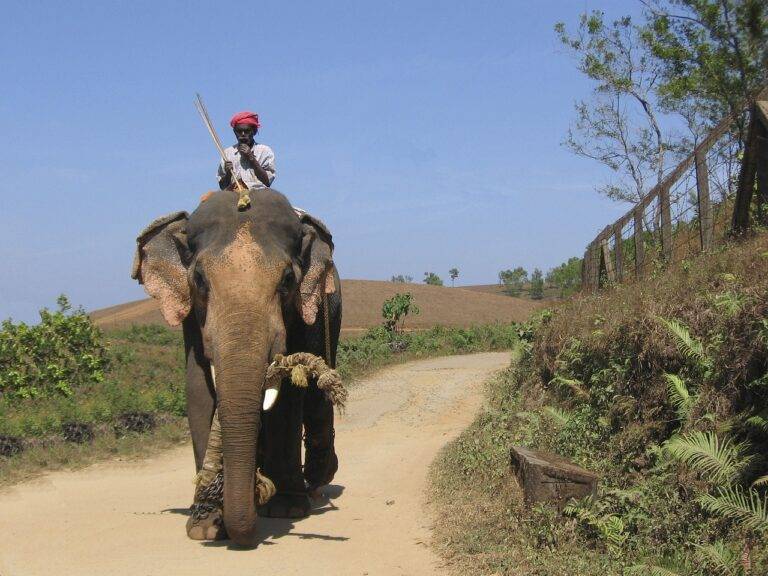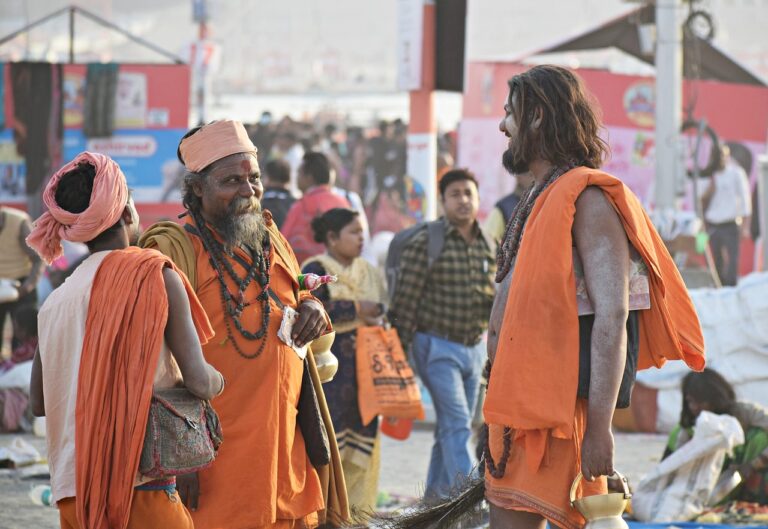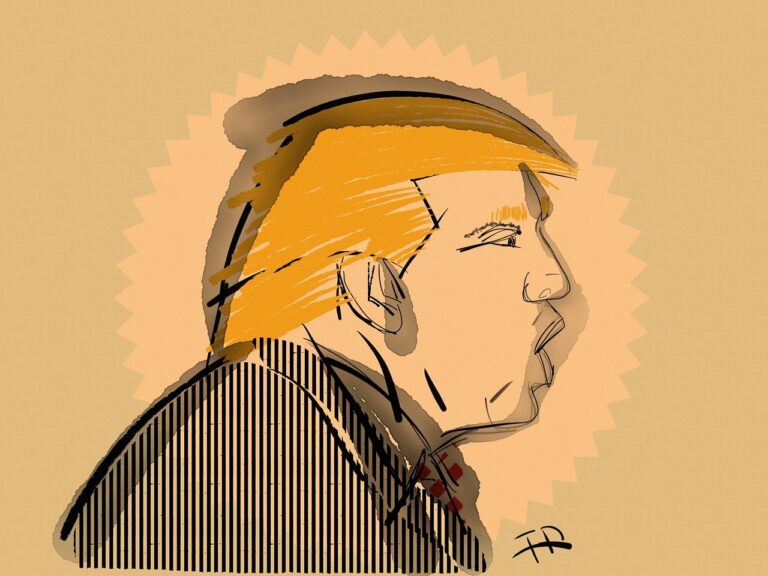Election Results and Human Rights Advocacy
The outcome of elections can have significant implications for human rights advocacy. When a new government is elected, there may be shifts in policies and priorities that could either support or hinder the advancement of human rights. The election results can impact the level of political will to address human rights issues and can also affect the resources allocated to support human rights initiatives.
Furthermore, the election results can influence the relationships between governments and human rights advocates. A change in leadership may either create opportunities for greater collaboration and dialogue on human rights issues, or it could lead to increased tensions and challenges in advocating for human rights. It is important for human rights advocates to closely monitor the implications of election results and adapt their strategies to effectively continue their advocacy work in a changing political landscape.
The Relationship Between Political Leadership and Human Rights Advocacy
Effective leadership plays a crucial role in shaping the landscape of human rights advocacy within a society. The way in which political leaders prioritize, uphold, or undermine human rights directly impacts the ability of advocates to push for positive change. When leaders demonstrate a genuine commitment to human rights principles, it can catalyze progress and create a conducive environment for advocacy efforts to flourish. Conversely, leaders who disregard or violate human rights can pose significant obstacles for advocates, requiring them to navigate complex and challenging terrain in their pursuit of justice and equality.
Political leadership sets the tone for governmental policies and actions regarding human rights issues, influencing the level of protection and promotion afforded to vulnerable populations. Leaders who champion human rights not only inspire their citizens but also send a powerful message to the international community about the values and priorities of their nation. Conversely, leaders who prioritize their own interests or engage in human rights abuses can contribute to a culture of impunity and disregard for fundamental freedoms. In such contexts, human rights advocates must navigate a hostile landscape, often facing repression, censorship, and other forms of resistance in their pursuit of justice and accountability.
Challenges Faced by Human Rights Advocates Post-Election
Human rights advocates often find themselves grappling with a myriad of challenges following elections. The shift in political leadership can bring about changes in priorities and policies, which may directly impact ongoing human rights efforts. Navigating these changes requires advocates to adapt quickly and strategically to continue advocating for the protection of fundamental rights and freedoms.
Furthermore, post-election challenges can include increased backlash and opposition from authorities or supporters of the new government towards human rights advocates. This resistance can manifest in various forms, such as censorship, intimidation, or even direct threats to the safety and well-being of those involved in advocacy work. Overcoming these obstacles necessitates resilience, creativity, and a strong network of support within the human rights community.
How do election results impact human rights advocacy?
Election results can have a significant impact on human rights advocacy, as the political leadership that is elected can shape policies and laws that either support or undermine human rights.
What is the relationship between political leadership and human rights advocacy?
Political leadership plays a key role in determining the level of support for human rights advocacy. Leaders who prioritize human rights issues can provide valuable support and resources for advocates, while leaders who are hostile to human rights can create significant challenges for advocates.
What are some of the challenges faced by human rights advocates post-election?
Some challenges faced by human rights advocates post-election include navigating shifts in political priorities, dealing with potential backlash from government officials, and mobilizing support in a potentially hostile environment. Additionally, advocates may face funding cuts or restrictions on their activities.







